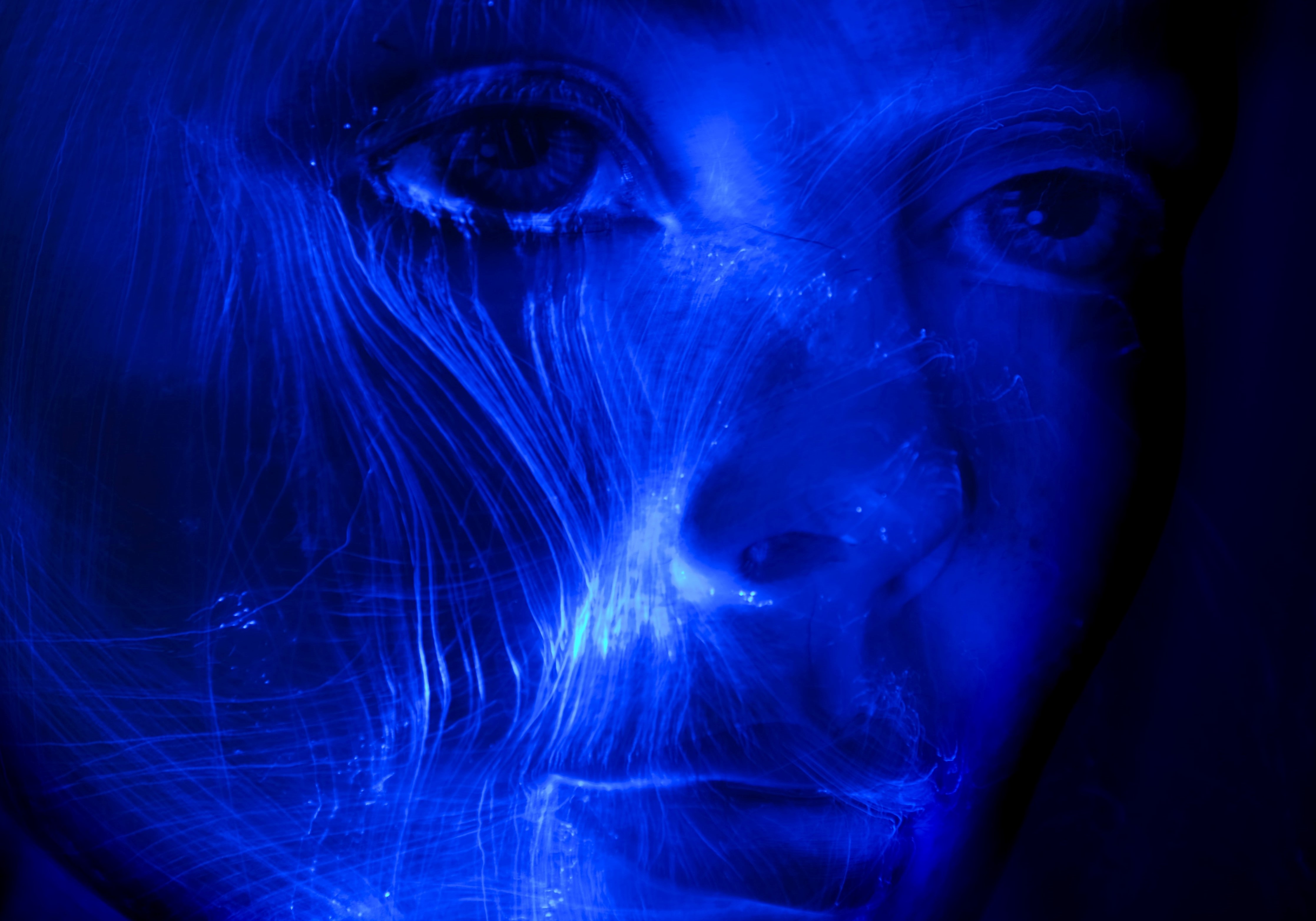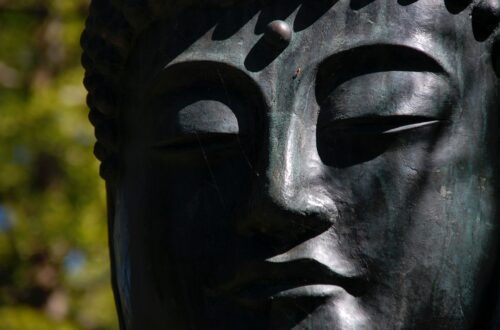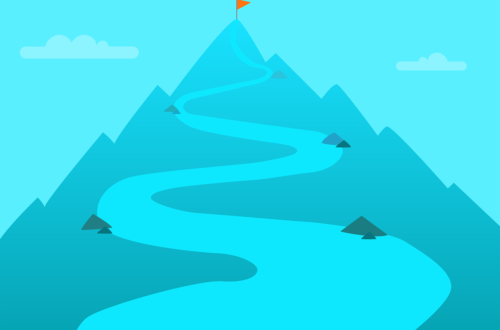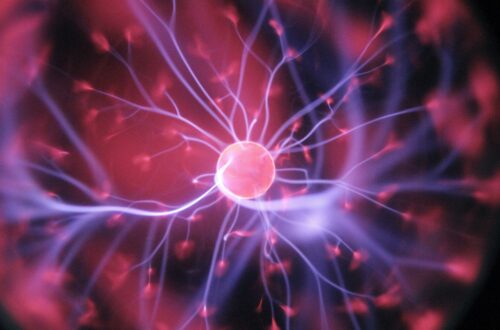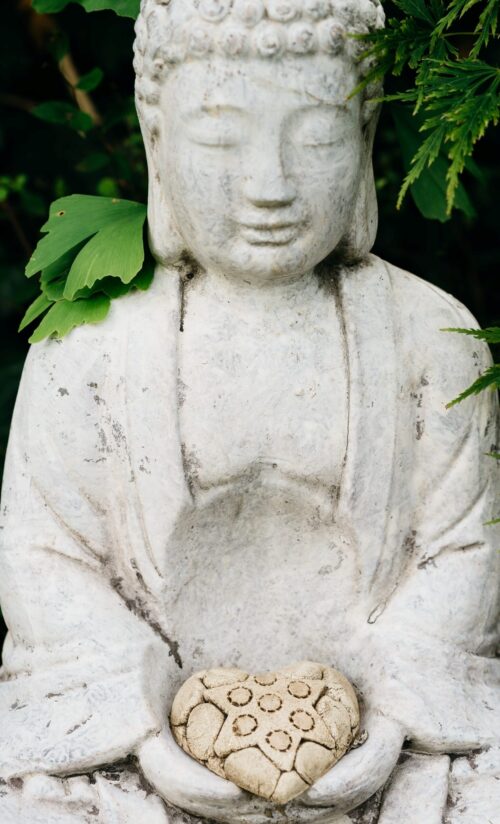
The Longest Journey: From the Head to the Heart
When I gave group presentations for the Pachamama Alliance there was a segment in one of the videos we showed that revealed the horrors of the Climate Crisis and the Corporate destruction of indigenous people’s lives in pursuit of oil. It was hard to watch.
Before we showed that section we warned people about it. We also told them to watch it with their hearts, and not their heads.
We meant that a lot of us know about the tragedies of climate change and imperial exploitation. We have read and heard about it over and over, and have become numb to it. So when we watch a video like this, we disengage.
When We Watch From Our Heart, We Engage
When we watch from our hearts, we turn off, as best we can, our internal dialogue, allowing us to engage the material directly. We focus instead on the emotions and feelings that arise as we watch the horrors unfolding before our eyes. It is like watching it for the first time
We don’t try to explain our emotions and feelings away. We experience them non-judgmentally because nothing has any meaning until we feel it.
The Age of Reason Put Us in Our Heads
But why is it so hard for we moderns to turn off our minds and feel?
It goes back to the end of the Middle Ages and the beginning of the Renaissance. During the Middle Ages the Church told everyone what’s what. It gave them Truth.
When the Age of Reason came along it not only challenged that, but eventually brought it down.
Reason had replaced God and the Church as the object of worship. There wasn’t any problem reason couldn’t solve. It brought on the Age of Enlightenment, an optimistic period in human history that believed life was progressing nicely, and reason was at the helm.
It was headlined by the father of Modern Philosophy, Rene Descartes. Since the Church’s Truths had been debunked, Descartes decided to use reason to discover if there were any absolute Truths.
Descartes developed a Method of Doubt whereby he doubted everything he believed in to see if he could find any absolute objective truths that any rational person would agree with.
To make a long story short, his first truth was that he was an immaterial rational self. This is where the statement, “I think, therefore I am” comes from. Next he proved God existed, and finally he proved physical reality, including his physical body, existed.
Mind Disconnected From the Body
Descartes was a dualist, believing reality was comprised of two separate entities, a non-physical mind and a physical body. The two lived in separate realms and never interacted, for how could a non-physical entity interact with a physical entity?
This created a lot of problems for Descartes because it was clear the mind and body did interact. For example, when my mind tells my arm to rise, it rises.
When I stub my toe in the middle of the night, the pain shoots up my nervous system into my brain and registers, “Wow, that hurts.” Clearly, there is some interaction here.
Descartes was never able to explain how that worked. It became known as the Mind/Body problem.
The Problems With the Disconnected Mind
In addition, Descartes believed this rational self could detach itself from the body and view things objectively, like a little God. From this lofty perch, one could reason objectively, divorced from the body and all those nagging feelings and emotions.
In reality, what Descartes had done was postulate that humans were isolated egos, detached from their environment, other people and ultimately themselves.
We can see the effects of this modern perspective all around us. Everything becomes an object for our use. Thus see we our deteriorating environment because it is just another object for our exploitation. We see gross income inequalities because other people are just objects for our own enrichment.
And worst of all, we use ourselves, our bodies, as objects for our own advancement. We turn ourselves into money making machines because even we are objects to be exploited by our detached rational self. We do this because we don’t see our bodies as part of who we are.
It is the ultimate alienation, being alienated from oneself. Nothing good can come of it, and it is at the core of all our problems. It violates the Socratic dictum of “Know Thyself”.
Nietzsche’s Apollonian and Dionysian Energies
The philosopher, Friedrich Nietzsche, brought some clarity to this in his first book, The Birth of Tragedy. In it he discussed the two forces most prevalent in society. One he called the Apollonian and the other the Dionysian. The Apollonian, named after Apollo, was the god of moderation, order, reason and control.
The Dionysian, named after Dionysius, was the god of wine, inebriation, feeling, drunkenness, and revelry. Nietzsche believed the healthy society and individual must develop a balance between these two gods.
Nietzsche’s point was that western society had become imbalanced with the Apollonian dominating the Dionysian. Nietzsche wanted to bring back feelings and the joy of being alive by reintegrating the Dionysian back into the picture.
We Need Balance
This is what we were advocating in our Pachamama presentations. The journey from our head to our heart is physically less than a foot, but the miles of stuff we must go through to get there belie that short distance. But we must take it because we are disconnected from the planet, other people, and most tragically, ourselves.
When people watch the video I mentioned earlier, with their hearts and not their heads, it enabled them to connect and feel the disaster unfolding before their eyes.
If we stay in our heads, we are detached from it all. Yeah, we think, “it’s happening, but it’s not affecting me. I know it’s bad, but what am I supposed to do about it”?
But when we feel it, then we experience it in a whole new way. Over time we will figure out what we need to do. We will discover our calling and follow it whether we believe our endeavors will be successful or not. We do it because it is who we are, and why we are here.
Many of us are afraid to take this journey because we are afraid of our feelings. We are afraid where they might take us. We are afraid we will be overwhelmed and lose control.
However, we must take the risk because it is the path to our own salvation, and if enough of us do it, the salvation of the planet as well.
To learn more: Click this link: The Magical Universe.
